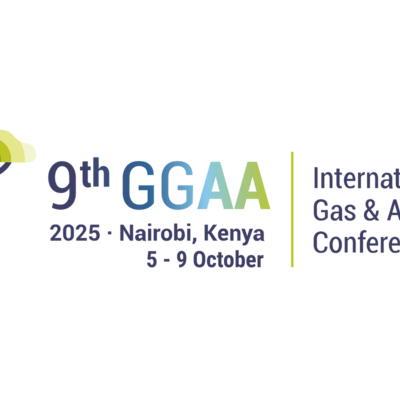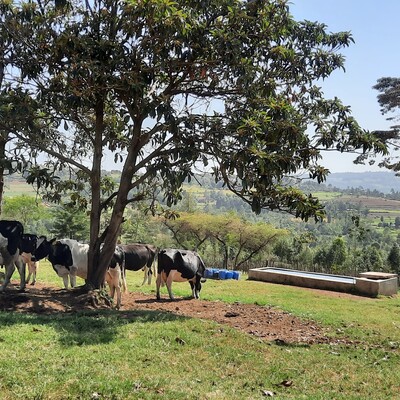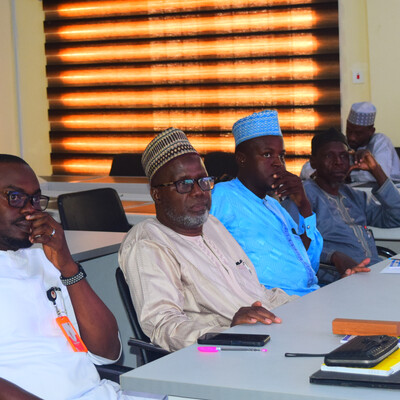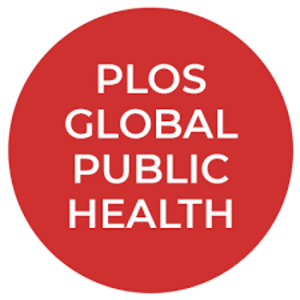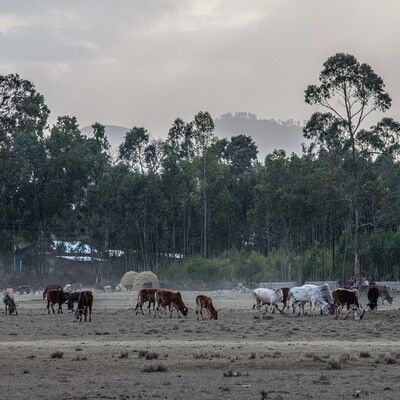
Building a better solar irrigation market in Ghana
This post was first published on the Agrilinks website on 16 June. It was written by Thai Thi Minh, senior researcher at the International Water Management Institute (IWMI); Abena Ofosu, senior research officer with the Scaling Innovations Team, IWMI; and Osman Sahanoon Kulendi, managing director of Pumptech.
The benefits of solar energy for domestic and productive use have long been recognized in countries where there’s low access to the power grid. But getting the right technologies to the right clients is often complicated by weak supply chains, high costs and a poor understanding of local market needs.
In Ghana’s Upper East Region, IWMI has been working with farmers, extension agents and other stakeholders in irrigated agriculture to test water management technologies and practices aimed at increasing water productivity. The team also identified various scaling pathways to extend the reach of these technologies and practices.
One of these pathways is to link supply and demand for solar irrigation pumps, equipment and services. This involves partnering with the private sector as well as actors and stakeholders along the value chain — from producers to processors and markets — to improve the regulations, procedures and other conditions that can accelerate the uptake of solar irrigation.
Tapping into solar’s potential
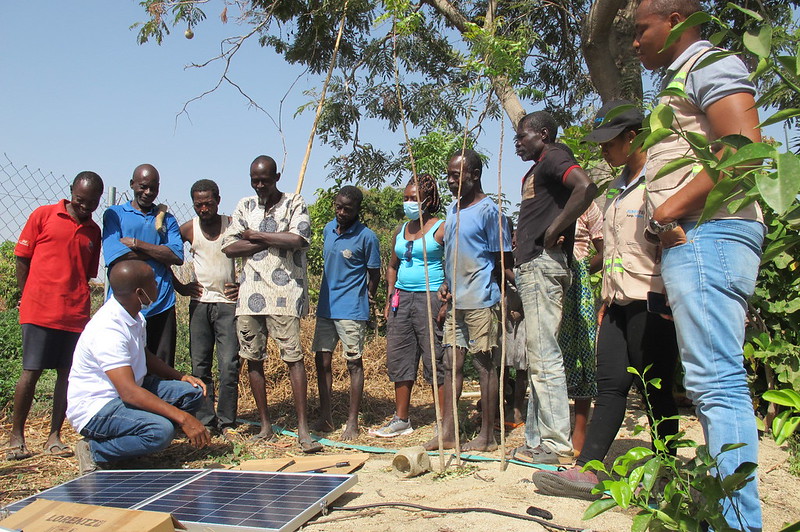 Farmers attend a Pumptech demonstration during a fieldtrip to Gentiiga in Bawku, Ghana (photo credit: Thai Thi Minh / IWMI).
Farmers attend a Pumptech demonstration during a fieldtrip to Gentiiga in Bawku, Ghana (photo credit: Thai Thi Minh / IWMI).
Farmers in the Upper East Region use a variety of water-lifting equipment for irrigation. These include buckets and watering cans, petrol or diesel pumps and drip irrigation systems. Equipment like buckets and watering cans tend to be labour- and time-intensive and limit the area a farmer is able to cultivate. Petrol and diesel pumps have helped to reduce the labour and time needed for irrigation, but they are expensive to run and contribute to environmental pollution.
With the abundance of sunshine in the region, solar pumps offer a promising alternative for small farmers — if they can afford the initial investment. To begin addressing this issue, IWMI joined forces with Pumptech, the distributor in Ghana of various solar pumps manufactured by the German company LORENTZ. These pumps are designed for off-grid water pumping. The PS2-100 pump, which has a pumping capacity of 3,000 litres per day and a price tag of around USD1,200 (GHS7,000), is specifically aimed at smallholders.
IWMI then conducted a survey to determine the market potential for the pumps. Four market segments were identified among smallholders: resource-rich farmers, mobile farmers (who rent land each season), resource-limited individual farmers (who have permanent access to cultivated land) and groups of farmers. Each segment is slightly different in terms of amount of water needed, pump preferences and capacity to pay for the pump.
These findings were presented at a series of workshops organized under the United States Agency for International Development (USAID)-funded Africa RISING partnership and the Innovation Lab for Small Scale Irrigation. Held in the towns of Navrongo, Bawku and Bolgatanga, the workshops brought together around 220 stakeholders to discuss ways to establish strong distribution networks for Pumptech using workshop participants as sales and service agents. These networks are currently weak or missing.
Osman Sahanoon Kulendi, Pumptech’s managing director, said that the company had underestimated the market potential in the region before partnering with IWMI. As a result, it had not opened a local office or developed a business plan to expand its client base. It aims to do both by the end of 2021.
Solar systems are becoming cheaper, while the cost of traditional fuels is rising, he said. He added that the PS2-100’s ‘plug-and-play’ features make the pump easy for farmers to install and eliminates the need for frequent visits from solar technology experts.
The pump has three main components: a solar panel, the pump and its controller, and a hose. All the components are lightweight and can be folded to fit into a box with a handle. This helps to tackle the problem of solar pumps and panels being stolen. It also gives farmers the option to move the pump from farm to farm.
Pay-as-you-own credit scheme
To make the pumps more affordable, Pumptech offers a pay-as-you-own credit scheme. This allows farmers to use the equipment while making regular payments until the total cost of the pump is paid off. Payments may be weekly, monthly, quarterly or scheduled around harvest times when cash flow is highest. Pumptech is working with IWMI to refine this payment plan so that it can be customized to each client, including women and young farmers.
In the coming months, IWMI and Pumptech will hold a pitching contest, which IWMI has identified as a novel way to build capacity in the private sector. Targeting students and young entrepreneurs, the contest aims to identify innovative solutions to digital marketing and market power challenges that will help boost the adoption of solar-powered irrigation.
For a related story, see the recently published blog post: Supporting solar irrigation companies to break down markets and lift up smallholder farmers in Ghana





